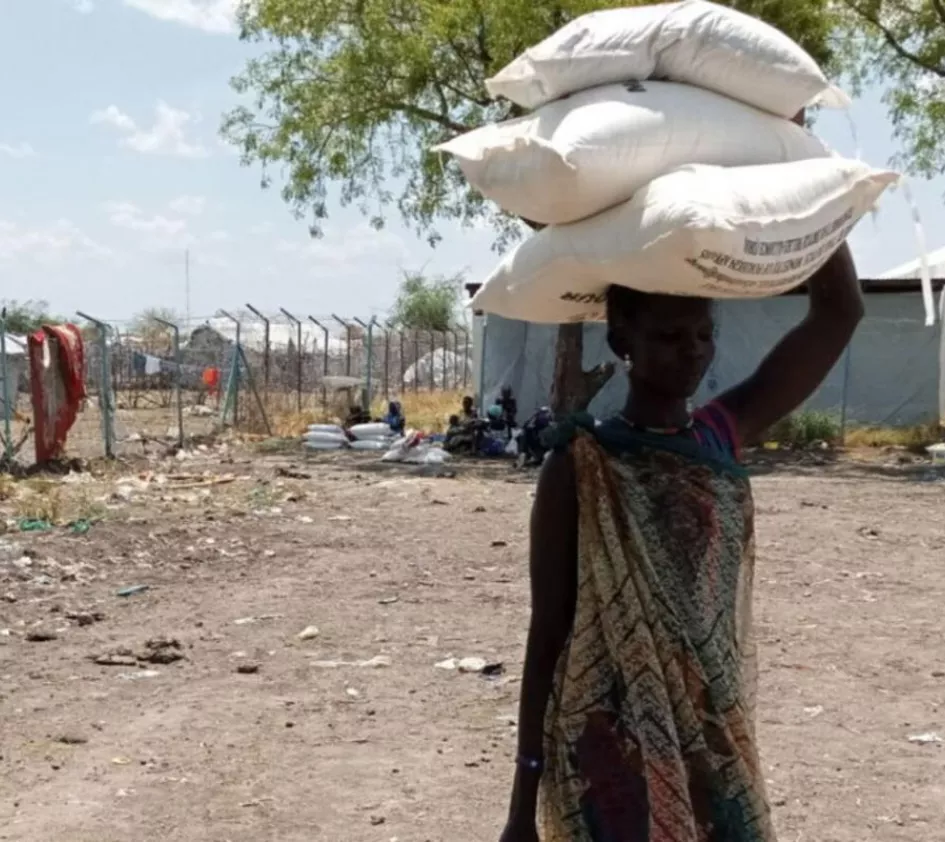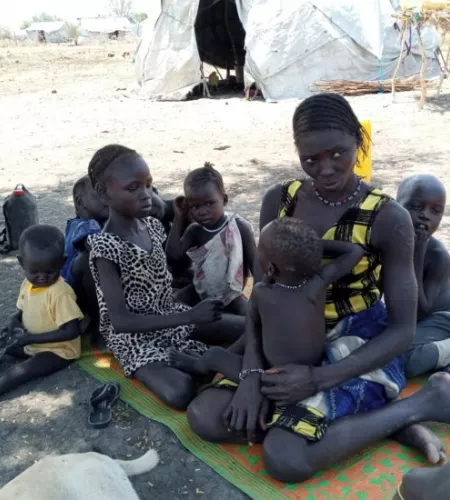Young men often resort to violence because they feel it is there only option. In the rural culture of South Sudan, marriage is very important. Traditionally the family of a prospective groom needs to offer the bride’s family a dowry in the form of cattle. While in the past the number of cows was rather modest and hence affordable, the dowry size has inflated, which means that fewer families can afford this. Joop Teeuwen, ZOA’s Country Director in South Sudan explains: ”As a consequence, young men resort to stealing the cows from other clans. Because of the conflict in the country there is an abundance of weapons available, which makes cattle-raiding increasingly violent. Once cows have been stolen the affected family has but one option left – revenge!”

''We are tired of war'' - signs of hope in South Sudan
Ever since South Sudan became independent in 2011, becoming the youngest nation of the world, the country has been plagued by conflict and violence. Yet, ZOA's Country Director Joop Teeuwen sees glimmers of hope: ”Many people express conflict fatigue.''
A country in need of peace
Signs of hope in South Sudan
In South Sudan, various armed groups that are either linked to the government or to the opposition are fighting. But there is also a wide array of community-based conflict ranging from cattle theft to the kidnapping of children. Yet, even amidst the violence, people find the courage to stand up for peace.
Ethnic lines in conflict: “you are not one of us!”
How to break a cycle of violence? To be able to contribute to peace, one has to understand the dynamics of conflict. Therefore, ZOA conducted a conflict analysis in Pibor, a region in the middle of the country which has a particularly high share of such community-based violence. The aim was to find out what the causes are and, more importantly, how this terrible violence can be reduced.
Much of the violence is related to ethnicity, as a young cattle herder in Pibor said “in case of a disagreement, people choose sides based on ethnicity without asking who is right or who is wrong”. But Teeuwen also sees see glimmers of hope: ”Many people expressed conflict fatigue. A female farmer of Pibor said to our staff: ‘We are here farming for nothing since our children die young in these useless fights’. My colleagues even came across a group of women who mentioned that they protected a young man from being killed by shielding him with their bodies.”

Plans to promote peace
Teeuwen is strongly convinced that peace-building is among the greatest needs in South Sudan. ZOA’s team in the country works shoulder to shoulder with the people from South Sudan who are tired from conflict. ZOA intends to revitalise the Peace Committees in Pibor. These groups of village elders, both male and female, are traditionally addressing conflicts affecting the communities. Moreover ZOA plans to create, together with the communities, so-called ‘by-laws’. Through these by-laws communities will commit themselves to accept a more modest number of cows for dowry so as to make marriage more affordable. Thus, ZOA aims to work together with local communities and take small steps towards a more peaceful South Sudan.
Impact of the coronavirus
Meanwhile, the coronavirus also affects the situation in South Sudan. The official number of cases in South Sudan is low, but it is doubtful whether that is a realistic reflection of the situation. Very restricted measures were put in place: churches and schools were closed just as land borders, with trucks as the exception because this country is almost completely depending on imports for its survival. ZOA has started to include a message about the coronavirus whenever meetings and distributions are taking place and numbers of people gathering at any one time are restricted. But all of this is making humanitarian work in this already difficult context even more complicated.
